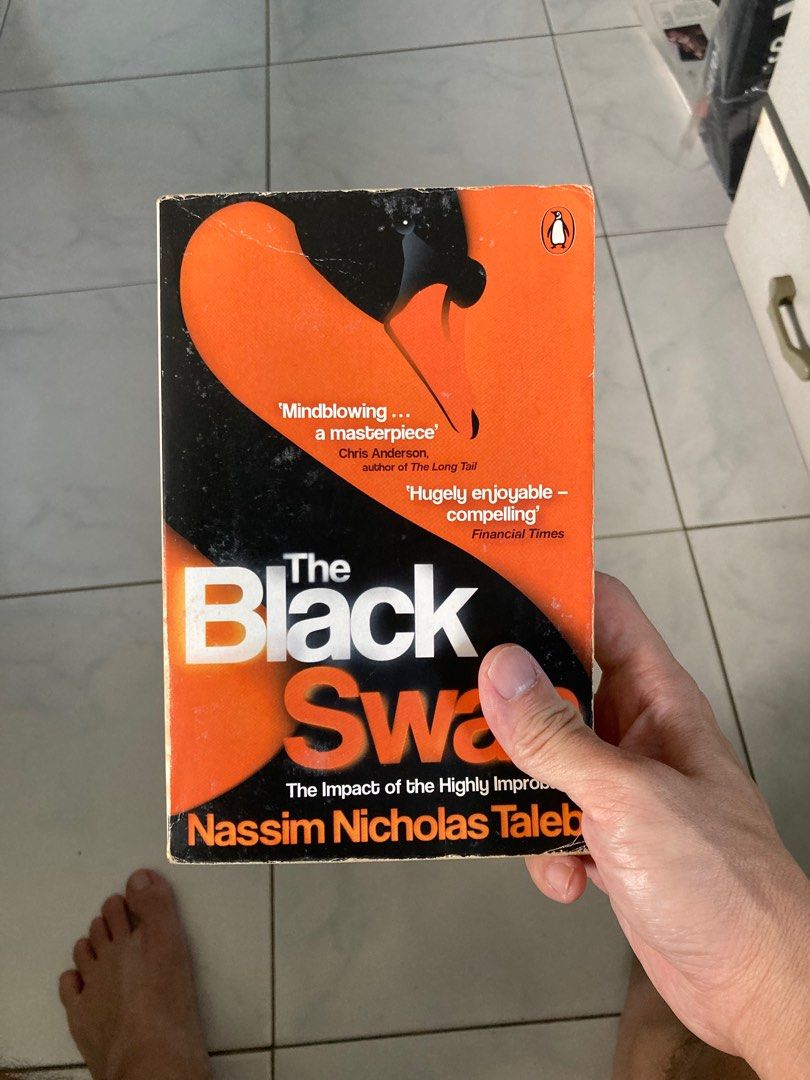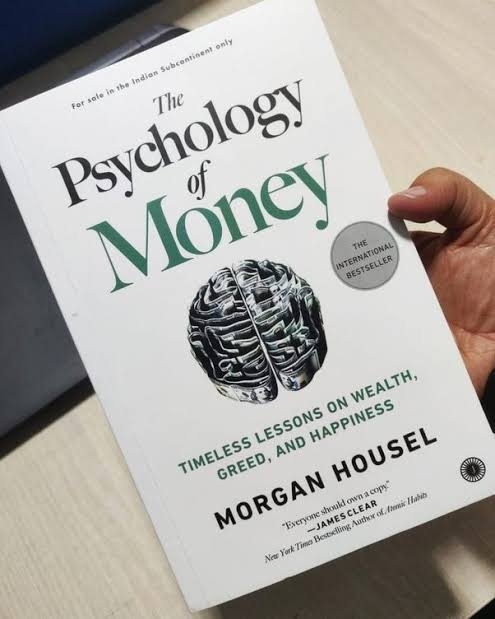Back
SHIV DIXIT
CHAIRMAN - BITEX IND... • 1y
📖 DAILY BOOK SUMMARIES 📖 🔗 DIRECT FREE E-BOOK DOWNLOAD LINK AVAILABLE — https://drive.google.com/file/d/1ZlYl9EZiJBLoJWjtUhwJ4JsdC26EQDp6/view?usp=drivesdk 🔥 The Black Swan 🔥 🚀 20 Lessons from 👉 ✨ By Nassim Nicholas Taleb ✨ 1. Definition of Black Swan Events: • Black Swan events are rare, unpredictable occurrences with massive impact, often rationalized only in hindsight. 2. Three Characteristics: • A Black Swan event is unexpected, has a major impact, and is later explained as predictable. 3. Human Bias for Predictability: • People tend to underestimate randomness and overestimate their ability to predict events. 4. Limits of Empirical Knowledge: • Historical data alone is insufficient to predict rare, extreme events, as it only covers what has already happened. 5. Role of Outliers: • Outliers, not average events, drive significant change in history, economics, and science. 6. Narrative Fallacy: • We construct simple stories to explain complex events, creating a false sense of understanding and predictability. 7. Confirmation Bias: • We selectively seek information that confirms our beliefs, which blinds us to unexpected outcomes. 8. Problem with Bell Curves: • Traditional statistical models like bell curves underestimate extreme events, making them unsuitable for complex systems. 9. Mediocristan vs. Extremistan: • Taleb divides the world into "Mediocristan" (predictable) and "Extremistan" (highly unpredictable), with Black Swan events primarily arising from Extremistan. 10. Impact of Luck and Randomness: • Success is often due to luck, but society tends to attribute it to skill, creating overconfidence in predictions. 11. Epistemic Arrogance: • People are overly confident in their knowledge, especially experts who often fail to predict large-scale disruptions. 12. Scalable vs. Non-Scalable: • Some professions are more susceptible to extreme success due to scalability, while others are limited to gradual growth. 13. Preparedness Over Prediction: •Rather than trying to predict Black Swans, focus on building resilience to withstand them. 14. Anti-Fragility Concept: • Systems can be designed to benefit from disorder and chaos, becoming stronger when exposed to Black Swan events. 15. Barbell Strategy: • Taleb advocates a "barbell" approach: combine very safe investments with highly speculative ones to hedge against unpredictability. 16. Role of Skepticism: • Be skeptical of experts and cautious about predictions, especially in complex fields like finance and economics. 17. Ignoring Minor Data: •Focus on high-impact events and avoid obsessing over minor, predictable outcomes that don’t significantly alter the future. 18. Black Swan Events in History: • Examples include the rise of the internet, 9/11, and the 2008 financial crisis, none of which were predicted by conventional models.

Replies (1)
More like this
Recommendations from Medial
Zubaid Husain shah
Founder of Sustainav... • 1y
!! ATTENTION !! ⚠️ AI Predicts Earth Will Exceed 1.5°C Warming Threshold: Stanford Researchers Sound the Alarm on Climate Crisis In a stark warning for humanity, scientists at Stanford University have used advanced AI models to predict that global
See More
Harrison Richard
Hey I am on Medial • 3m
Black Friday Bonanza: Build Next-Gen AI Solutions with Bitdeal – Huge Discounts Inside! Black Friday Bonanza is Here! Unleash the power of Next-Gen AI Solutions with Bitdeal and grab huge discounts this season! From intelligent automation to advance
See More
Download the medial app to read full posts, comements and news.





















/entrackr/media/post_attachments/wp-content/uploads/2021/08/Accel-1.jpg)

















